Slut Walk Baltimore sponsored the annual March to End Rape Culture, where students, organizers and members of the community protested sexual violence. The demonstration traveled from Power Plant Live to Baltimore City Hall on Saturday, Sept. 17.
Following the march, around 50 protestors held a rally for victims of sexual assault and rape.
The event was primarily attended by students from Baltimore-area colleges. High school students, members of the local community and activists from DC attended as well after threats of violence canceled the DC march.
Slut Walk is a transnational organization that protests what they call “rape culture.” Similar to other demonstrations organized by Slut Walk, those who took part in the march dressed in revealing clothing to protest a common assumption that rape victims are “asking for it.”
Marchers held signs and chanted, “Yes means yes, no means no, rape culture has got to go.”
For one MICA student who spoke, the rally empowered her.
“I would like to talk about two times specifically that I was topless. The first one being now, and the other when someone that I trusted made me take my shirt off — the difference being that then I wasn’t empowered, but here I am,” she said. “This is meant to be a moment of strength for us. This is meant to be a moment of solidarity with those that couldn’t be with us. And this is meant to be a time for us to think about women who are hurt, men who are hurt, non-binary people who are hurt, trans-women who are killed every single day and women of color whose stories are never told. We need to think about these things, and we need to talk about intersectionality within our social justice.”
Event organizer Kira Stoyko said that her own assault inspired her to get involved with Slut Walk.
“What originally got me into the cause was my own assault. I mentioned I was with EMTs when I was assaulted, and that’s a very male-centered field, and I hate to say that it crossed my mind that reporting would make me look weak,” she said.
Stoyko stressed the importance of awareness and said that the event provided a useful forum for victims of sexual assault and rape.
“It is not just to spread awareness to the people who come but to the people who are passing by,” Stoyko said. “It is also very cathartic for some of the people who come and talk about their own experiences. That’s why we have the open mic. Like that one woman who came up and spoke and, for one of the first times, mentioned her own assault. It is all about spreading awareness, and the more we can let people know that it is not okay to objectify women and that it is not okay to touch anyone despite their gender, or non-gender conforming. That’s how we change things.”
During the open mic a member of Men Against Sexual Violence and Domestic Violence spoke about how the D.C. Slut Walk march was cancelled and the importance of continuing to speak up.
“We came up to Baltimore to support everyone else, but we’re supporting everyone globally, and I think that it is something important that you all know. The justice system has failed you, and there are certain men in this world that have failed you. But there are men out here, up here, that won’t fail you,” he said. “We need you to know that you have our support, and anytime there is an event — in the United States or abroad — we will do what we can to support you and to make sure that you are safe, because the last thing that you need to do is cancel any event that you have because of threats, or anything. Because you do not need to be silenced in any way, shape or form.”
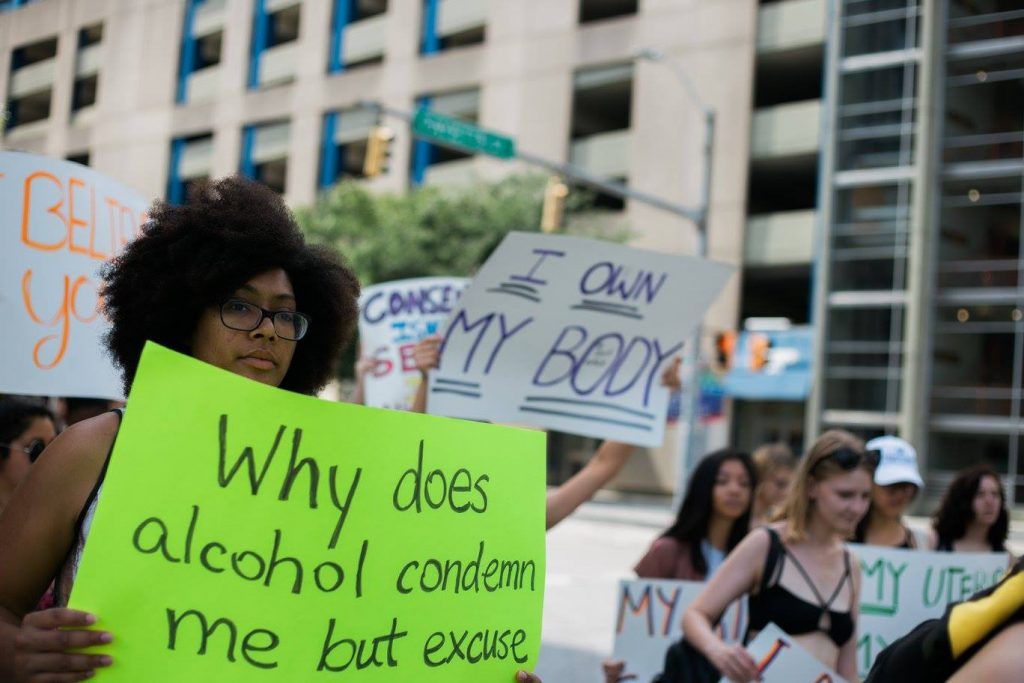
Sage, a high school student who has taken classes and worked at Hopkins, attended with her two friends Asante and Sefa. She came to the march to support other friends of hers who had been sexually assaulted.
“I came down here because I’ve had two friends who were raped, and I’m only sixteen. That’s a problem,” Sage said. “I also came down here because my school had talked about it, but no one wanted to act. It’s a good idea to have a call to action when coming to these events and to make sure that this conversation continues.”
Later, in an email to The News-Letter she wrote about the impact the event had on her and her experiences at Hopkins.
“Hearing the magnitude of the words from these men and women was so important. Seeing that this many women had been sexually assaulted over the course of their lives puts into perspective the intensity of rape,” Sage wrote. “I’m not a Hopkins student, but I’ve taken a summer course and I do work there. Throughout both I can attest to the fact that I’ve been catcalled or commented on based on my appearances. Wearing shorts? Slut! Wearing jeans? Prude! It’s all over the spectrum of policing female bodies.”
Asante spoke about how society has affected her views about herself and her own body. She further emphasized how intertwined our culture is with sexual assault and rape.
“It’s been really ingrained into my own psyche that I don’t have the right to take up my own space, or even value my own body as something that I have the right to feel comfortable in. Ever since I was a kid I’ve thought that. And it’s really f**ked up. I think women [should] have a baseline of what they expect from themselves, [and] that’s why I came,” she said. “What’s f**ked up is that rape culture is normal culture. That’s just our culture, it has become so embedded that there is no way to estrange the two.”
Sefa said it is important to make themselves heard and take action.
“I feel like it’s very important for us to use our voices to make changes like this instead of sitting at home and doing nothing or contributing to the rape culture we see around us,” she said. “I think it is very important that we do whatever we can, rather than just sitting around and accepting it.”
The three students felt it would have been more productive if the event had a more diverse crowd. Sage further elaborated in her email to The News-Letter about the importance of addressing intersectionality as it relates to sexual assault.
“Women regardless [of race and sexuality] are raped, of course, but the percentage of difference by race is startling. The representation of women of color, LGBT women, etc. is viable to the overall discussion of rape culture,” Sage wrote.
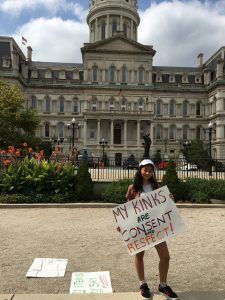
Freshman Emily Lee, one of the few Hopkins students that attended, felt moved by the event and found it inspiring.
“I’m definitely feeling empowered. I really want to reach out to people who have gone through sexual assault and rape. I want to be there for them. I want to send a message to everyone that [victims of assault] exist and that they should not be ostracized by society,” she said. “Rather, they should be protected, they should be supported and they are an important part of the future.”
In her opening remarks Stoyko stressed how culture has such a strong influence on our lives and that, to effect real change, we need begin by making cultural change.
“Culture is learned, culture is ingrained, culture is an integral part of our life — and it starts early,” she said.
Stoyko spoke about the current difficulties in prosecuting rape and sexual assault, and she highlighted the importance of teaching children early about respecting an individual’s physical space.
“Baltimore City throws out about 40 percent of rape cases before they are even investigated, without even questioning the subject — if they are deemed too hard to prosecute, too hard to prove,” Stoyko said. “However, at the same time I see hope. I’d like to think that if we teach boys back in the first and second grade — and girls — that it is not okay to chase someone... or use sexual, physical violence to convey their young emotions, then we won’t have to deal with rapists or sexual assault when they’re older.”
Some of the men and women who came forward at the rally spoke about sexual assault and rape in their communities, while others shared their own experiences.
One speaker shared how she became a feminist and what the term and movement means to her.
“When you say the word ‘feminist’ people look at you like you’re a man-basher. Feminism is equality for everybody, and while I do believe that we should stand up as women because we have been oppressed for so long, I really like the term ‘equality’ because everyone gets raped,” she said. “There is no prejudice against who can be touched.”
Morgan Ome contributed to reporting.

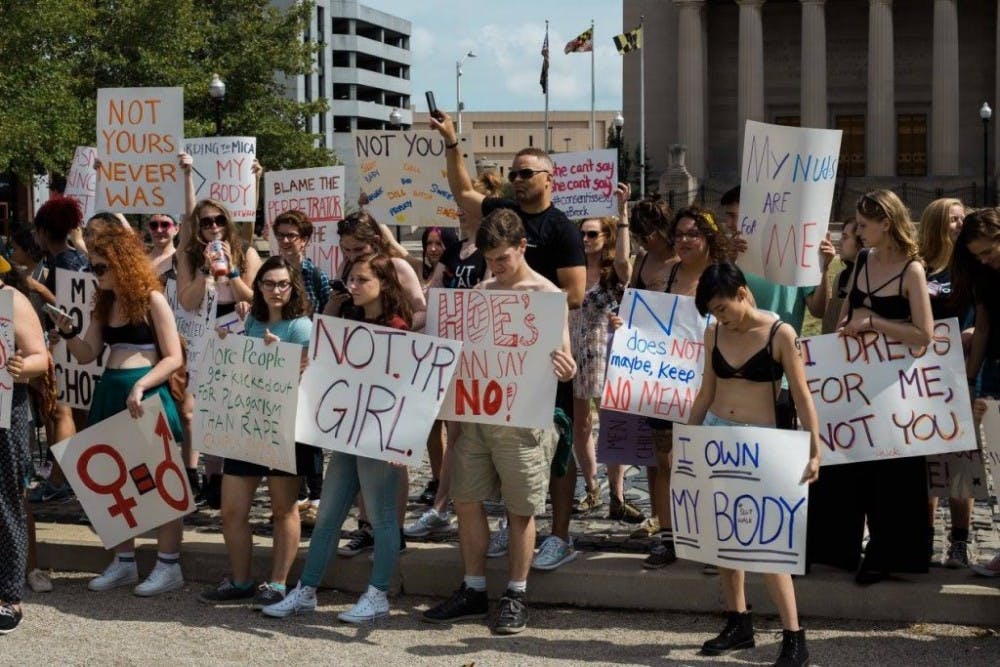
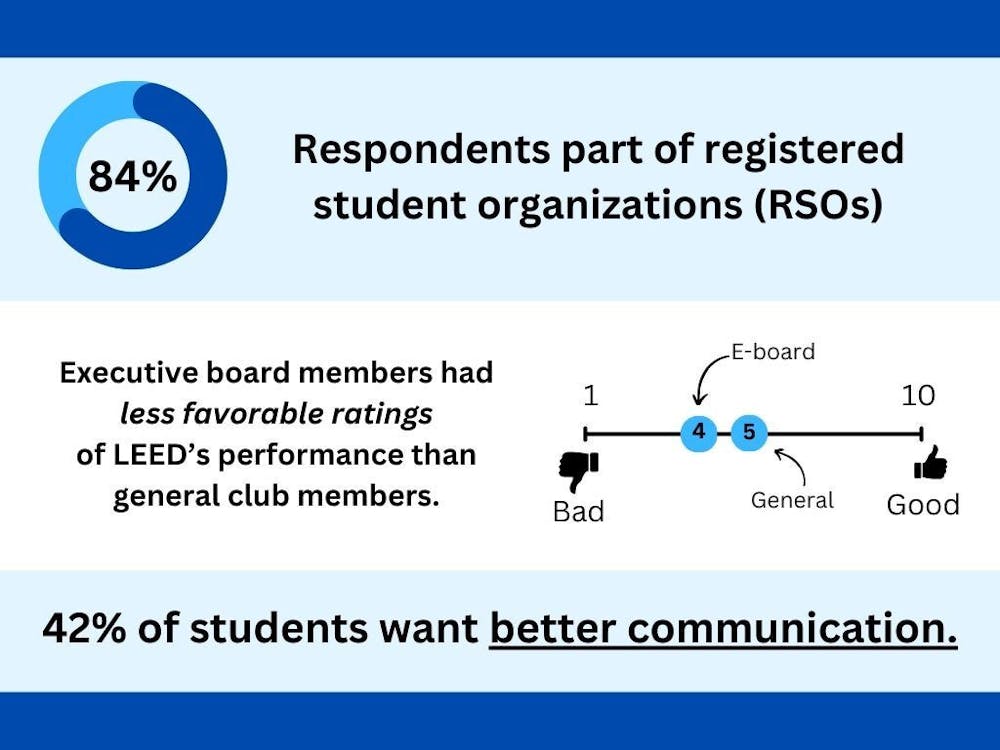
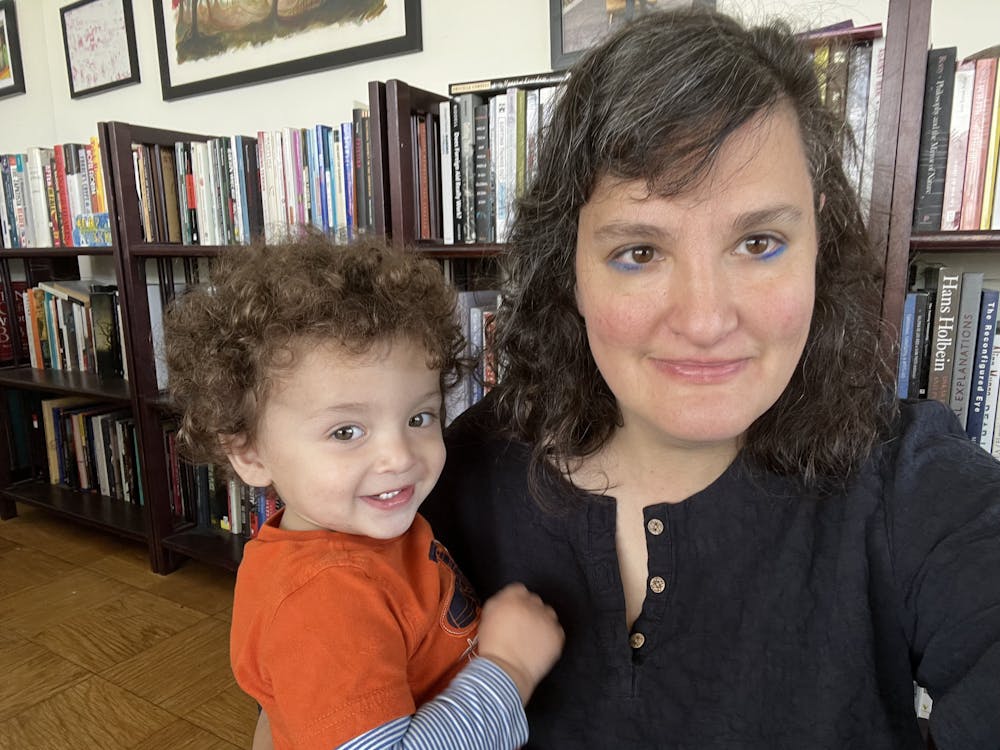
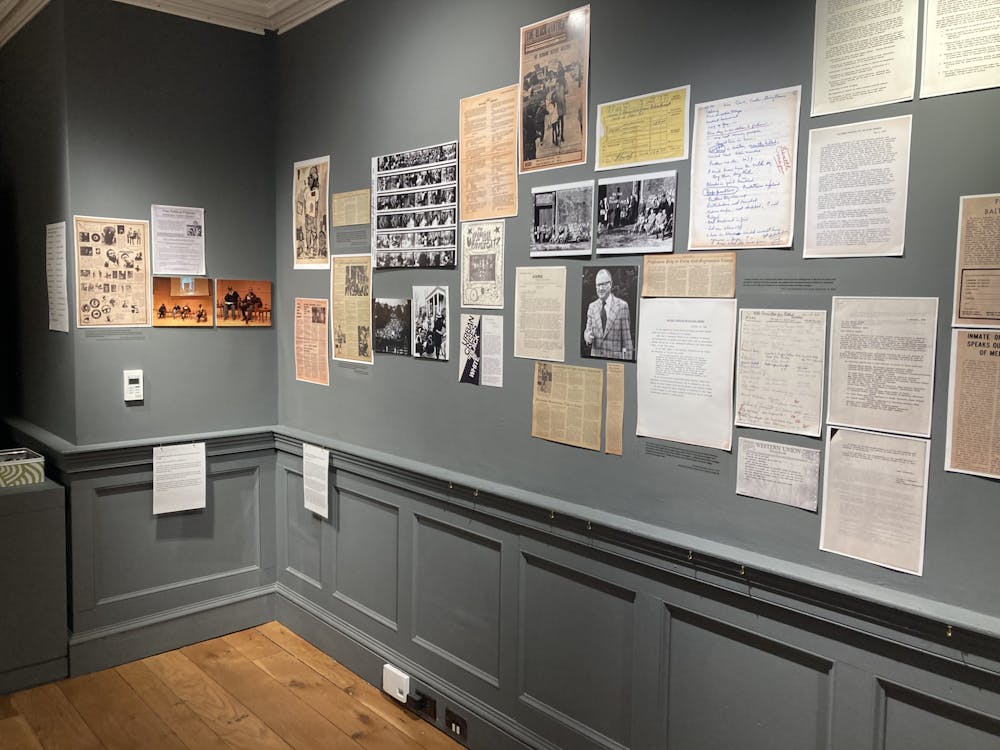












Please note All comments are eligible for publication in The News-Letter.